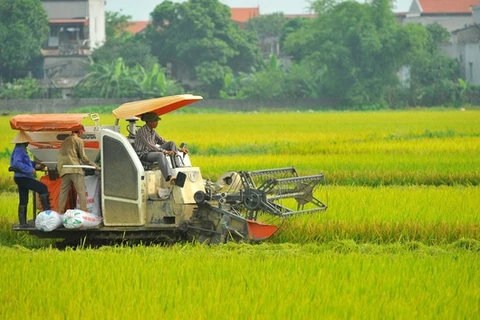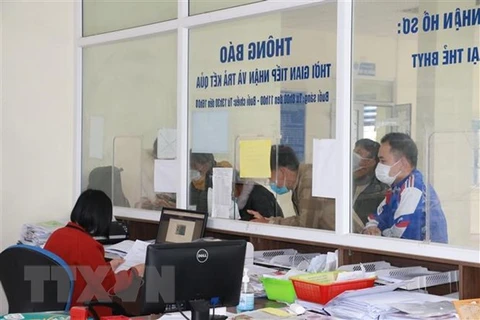On the occasion of International Domestic Workers Day (June 16), the International Labour Organization (ILO) has launched a publication titled “Making the Right to Social Security a Reality for Domestic Workers.”
According to the review, more than two-thirds of domestic workers in the Asia and Pacific region are not covered by even a single social security benefit. Meanwhile, three in five domestic workers in this region remain excluded from labour law protections and over 70 percent have no legislated limit on work shift times.
Barriers from conventional way of thinking
Domestic and care work have long been done in the household by women, without pay or recognition. Today, women employed as domestic workers are mostly domestic and international migrants.
Chihoko Asada-Miyakawa, ILO Regional Director for Asia and the Pacific, said barriers to improving the rights of domestic workers are deeply rooted in patriarchal and hierarchal systems which undervalue women’s work and see homes as private spaces that should not be regulated as a place of work.
“Breaking down these barriers can be challenging for those who cling to such traditions,” she said.
The COVID-19 pandemic highlighted these existing inequalities, she said.
“With whole families working and studying from home during lockdowns, domestic workers kept households running smoothly. Many stayed on to do this work, even though their workloads and hours increased, as did their isolation from family, friends and support services.”
She pointed out the fact that most employers were not obliged to give severance pay, and, on top of that, domestic workers usually found themselves excluded from COVID-19 social assistance programs.
“Migrant domestic workers were also stranded as international borders closed and returning home become impossible. As a result, families dependent on the remittances of domestic workers faced economic hardships.”
Legal framework needed
The ILO has issued the Domestic Workers Convention, 2011 (No. 189) and the Elimination of Violence and Harassment convention, 2019 (No. 190). The ratification of these documents would go a long way to building new norms where care and domestic work are respected and women workers are valued and safe at work, according to Chihoko Asada-Miyakawa.
“Although the Domestic Workers Convention was adopted eleven years ago today and 52 percent of the world’s domestic workers are in Asia and the Pacific, only the Philippines has ratified this Convention in the region. Meanwhile, only Fiji has ratified the Violence and Harassment Convention. We can do better,” she said.
She suggested governments of the region taking action to change attitudes, laws and practices which have left domestic workers so vulnerable.
Every household that employs a domestic worker must ensure they are paying at least minimum wage and overtime pay; that they sign workers up to social security and insurance schemes where they exist; that they work in safety and free from violence and harassment; and that workers have regular hours and rest days, she recommended.
“The essential work that domestic workers do must be acknowledged and rewarded by adopting and implementing legal frameworks guaranteeing their rights and by providing social protection which gives long-term security to domestic workers, their families and their communities.”
Domestic workers across Asia and the Pacific, including Vietnam, have formed their own groups to advocate for their rights. The ILO has supported these groups to share experiences, learn from each other and lobby for legal protection.
The ILO has also worked to ensure domestic workers have access to legal services, social assistance and training. Regardless of where they are from, all domestic worker groups are calling for the recognition of their work and the regulation of decent working conditions./.
























